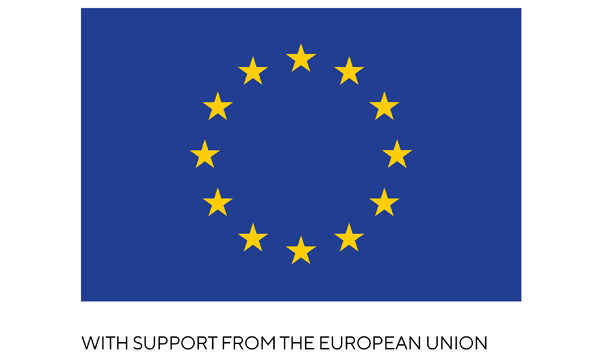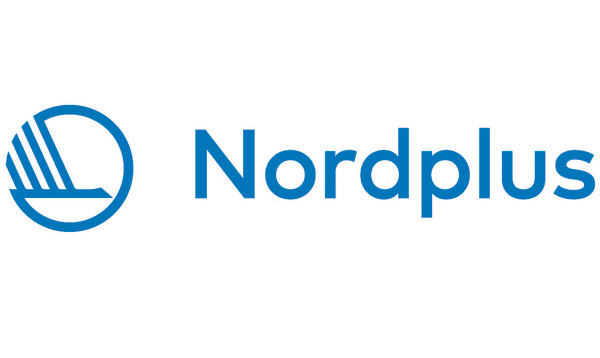Refugee solidarity through sports
02/02/2024Camilla Monsen Borgan, Viken Idrettskrets (VIK)

A Nordic collaboration involving multiple countries is uniting for refugee integration through sports. Camilla Monsen Borgan spearheads the Norwegian segment of this transformative project for Ukrainian refugees. The project shows how sport serves as a bridge between communities and newcomers.
Viken Idrettskrets (VIK) and the International Sport and Culture Association (ISCA) have successfully demonstrated the crucial role of sports in promoting inclusion with their Integration of Refugees Through Sport (IRTS) Nordic project. This project, which is supported by the Nordic Council of Ministers, has focused on newly arrived Ukrainian refugees and has made VIK a key contributor to Norway's integration efforts.
Camilla Monsen Borgan, the project leader of the Norwegian part of the project, and adviser at VIK, has emphasised the importance of bridging the gap between local communities and refugees. The sports teams' swift response and inclusive nature have been instrumental in achieving this goal. To respond to the influx of Ukrainian refugees, VIK utilised its strong network and efficient infrastructure to quickly mobilise sports teams to engage with the refugees.
The initiative in question focused on creating a safe and welcoming environment for children, especially those from conflict-affected areas. The pilot project aimed to explore how sports teams could achieve this objective. Kolbotn IL led the project with their #Deartrainer program, which aimed to equip coaches with inclusive tools and raise their awareness about handling traumatised children. The program also encouraged coaches to reflect on their coaching styles to better connect with children from different backgrounds.

The pilot project involved two gymnastic clubs - Lørenskog and Stabekk. Lørenskog's school-based gymnastics activities involved Ukrainian children and students from 17 different nationalities, while Stabekk integrated exercises into their regular training, welcoming Ukrainian refugee children. The coaches' ability to adapt to the children's diverse backgrounds and ages was crucial to the success of these clubs. They used effective communication, body language, and group exercises to foster a safe and inclusive environment.
The Lørenskog Gymnastic Club's collaboration with the Refugee Office and Ukrainian translators was key in facilitating communication and integration. This project demonstrates the importance of skilled coaching, tailored activities, and inclusiveness in promoting a sense of belonging and community integration for refugees and other marginalised groups. Its incorporation into everyday school activities and additional evening programs is a testament to its effectiveness in fostering societal inclusion through sports.
We believe this project is a prime example of the unifying power of sports in integrating refugees and other marginalized groups into society. The collaborative efforts of organisations like VIK, ISCA, and the Nordic Council of Ministers highlight the profound impact collective initiatives can have in fostering societal inclusion through sports.
Photos: Viken Idrettskrets








Connect
Subscribe to our newsletter for regular updates on our events, activities and opportunities in our network
You can unsubscribe at any time.




